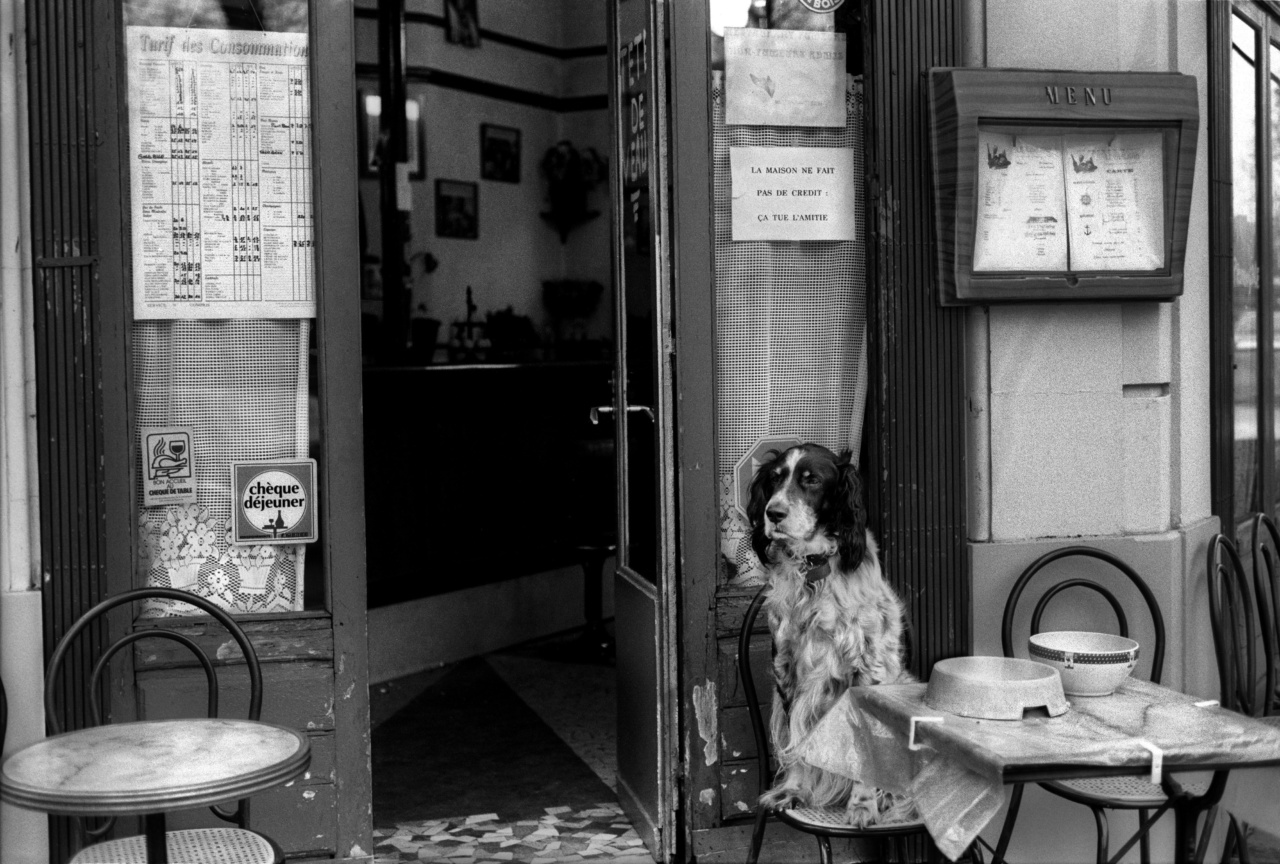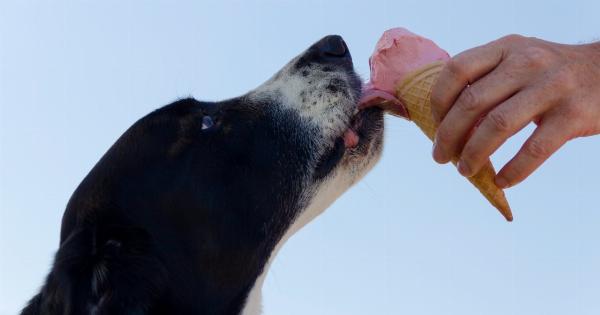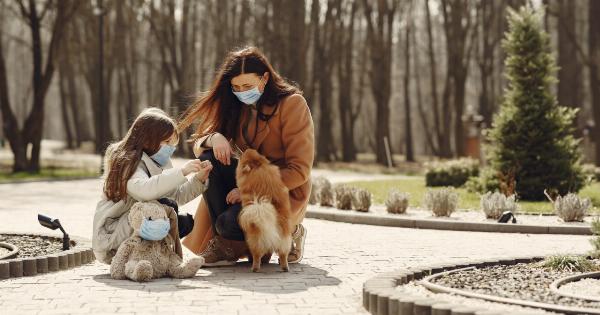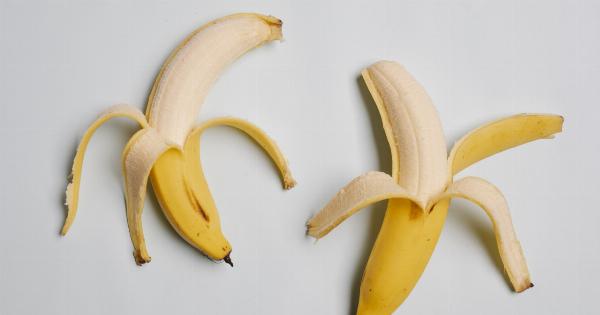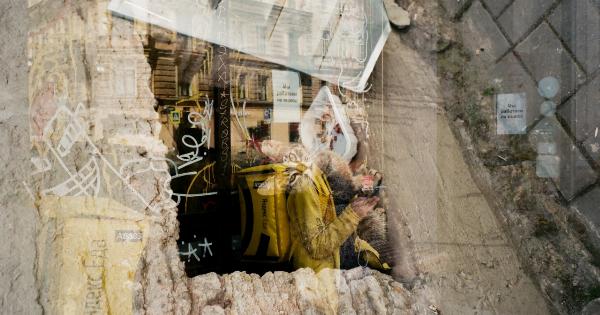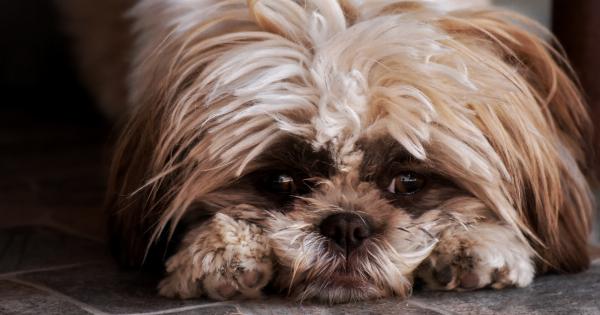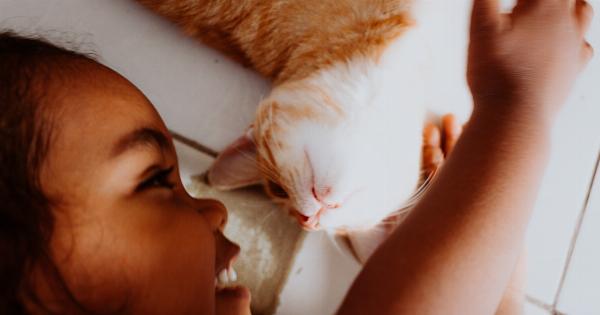Dogs are incredible creatures that we love and cherish, but they do some things that can be quite unpleasant to witness or deal with. One of the most baffling behaviors of dogs is eating impurities and feces.
As humans, this doesn’t make any sense to us, but for dogs, it’s quite normal behavior. In this article, we will explore the reasons behind why dogs eat impurities and feces.
Curiosity
Just like infants, puppies explore their world through taste and smell. They use their noses to sniff out different scents, and their mouths to taste different things.
This is how they learn about their environment and the different things that they come across. When a dog finds something interesting, it’s not uncommon for them to explore it further by trying to taste it. Unfortunately, this can sometimes lead to them eating things that are not healthy, such as impurities and feces.
Dietary Deficiencies
Another reason why dogs eat impurities and feces is because of dietary deficiencies. Dogs who are not receiving the necessary nutrients in their diet may turn to eating feces in order to supplement their diet.
This is more common in puppies who are still growing and require a lot of nutrients to support their development. However, even adult dogs may resort to eating feces if they are not getting all the nutrients they need from their food.
Coprophagia
Coprophagia is the medical term for the habit of eating feces. This is a behavior that is not uncommon in dogs, but it can be quite alarming for their human companions.
This behavior can be caused by a variety of factors including anxiety, stress, and boredom. Some dogs may also engage in coprophagia as a result of learned behavior. For example, dogs that are kept in kennels may learn to eat feces as a way of keeping their living area clean.
Attention Seeking Behavior
Dogs are social creatures that crave attention and affection from their owners. Sometimes, when a dog is feeling neglected, they may turn to eating impurities and feces as a way of getting their owner’s attention.
This is especially true for dogs that have learned that this behavior elicits a response from their owner. If an owner reacts by yelling or scolding the dog every time they catch them eating impurities or feces, it can reinforce the behavior and make the dog more likely to engage in it again in the future.
Medical Issues
Some dogs may eat impurities and feces as a result of underlying medical issues. For example, dogs with pancreatic insufficiency may eat feces as a way of trying to get more nutrients from their food.
Other medical conditions, such as inflammatory bowel disease or malabsorption syndromes, may also lead to this behavior. If a dog suddenly starts eating feces or impurities, it’s important to take them to the vet to rule out any underlying medical issues.
Curbing This Behavior
If your dog is eating impurities or feces, there are steps you can take to curb this behavior. First and foremost, it’s important to make sure that your dog is on a nutritious diet that provides them with all the nutrients they need.
You should also try to keep your yard clean and free of feces, so there’s less opportunity for your dog to engage in this behavior. If this behavior is a result of anxiety or stress, you may want to consider working with a professional dog trainer or behaviorist to help your dog overcome these issues.
Conclusion
While it may be unpleasant to witness your dog eating impurities or feces, it’s important to understand that this behavior is not uncommon among dogs.
There are many reasons why dogs engage in this behavior, including curiosity, dietary deficiencies, coprophagia, attention-seeking behavior, and medical issues. By understanding the reasons behind this behavior, you can take steps to help your dog overcome it and live a happy, healthy life.
